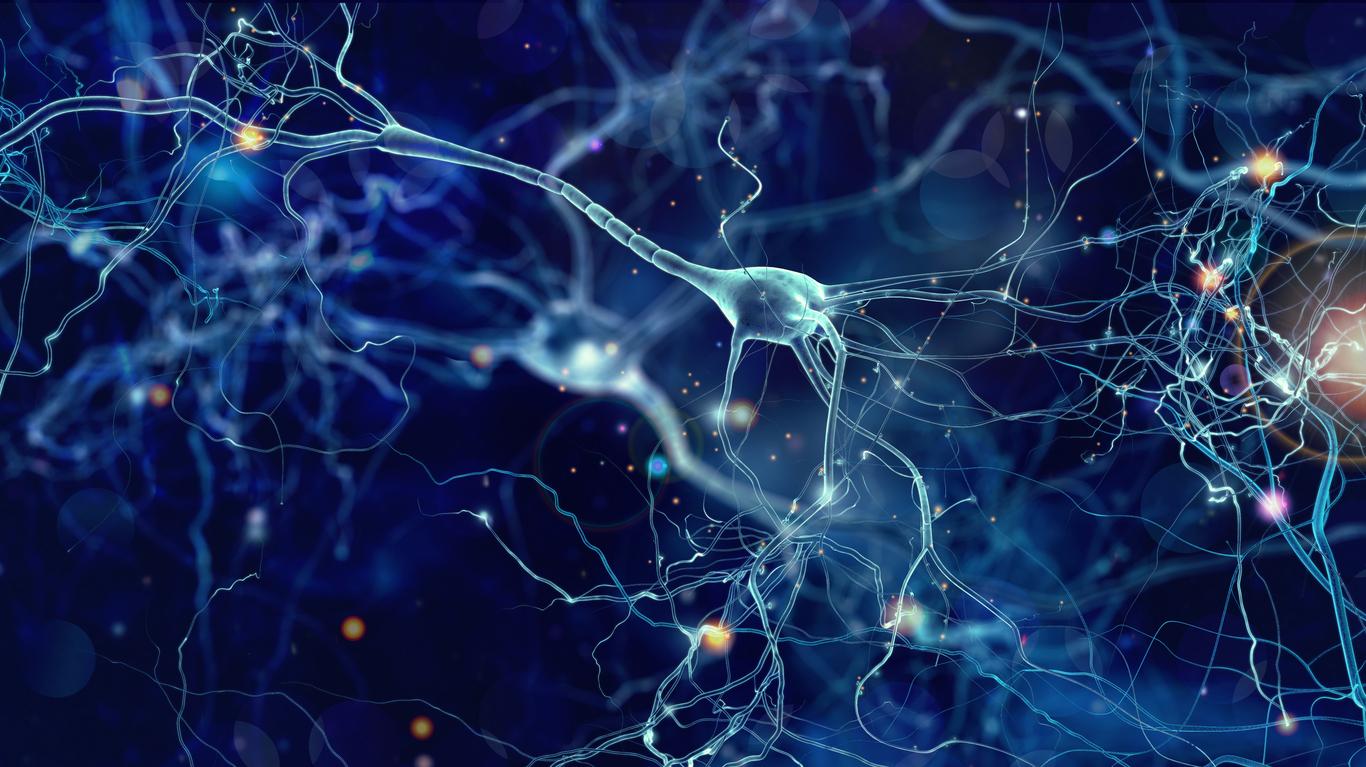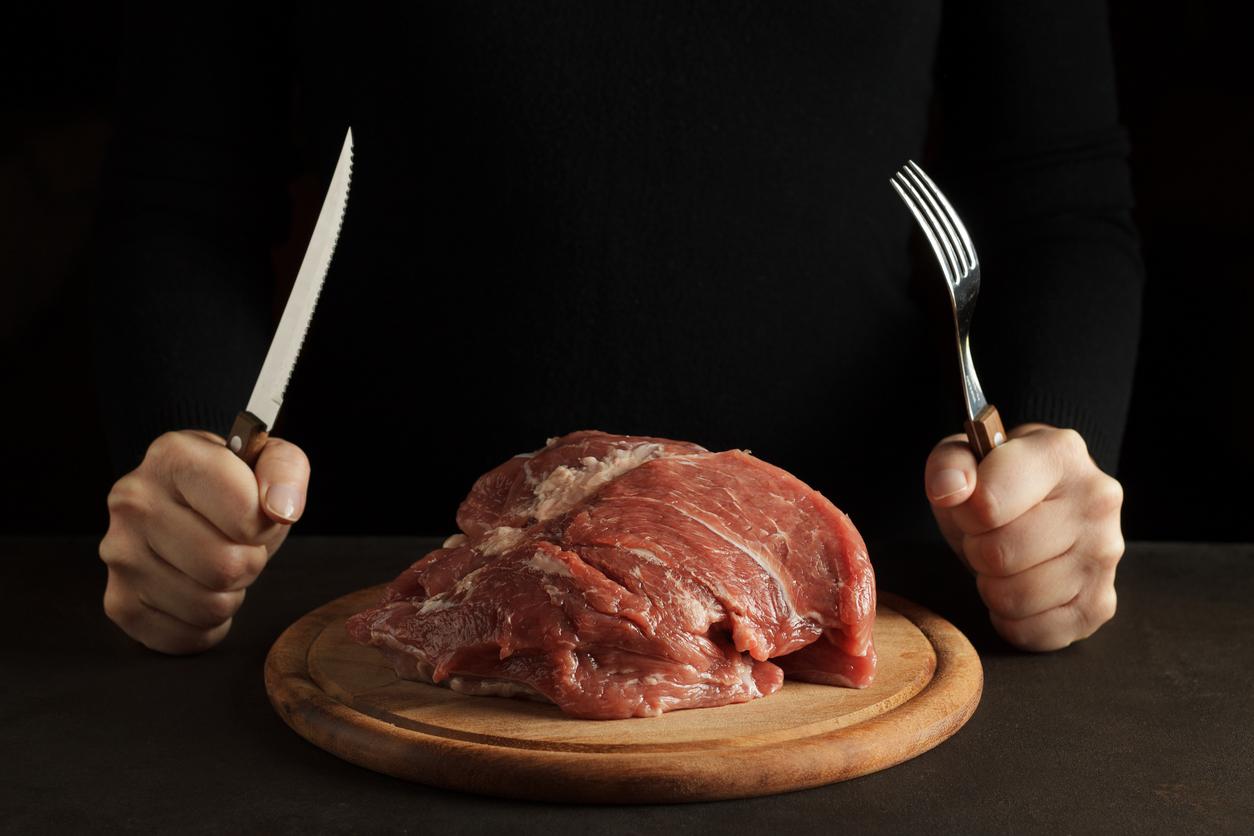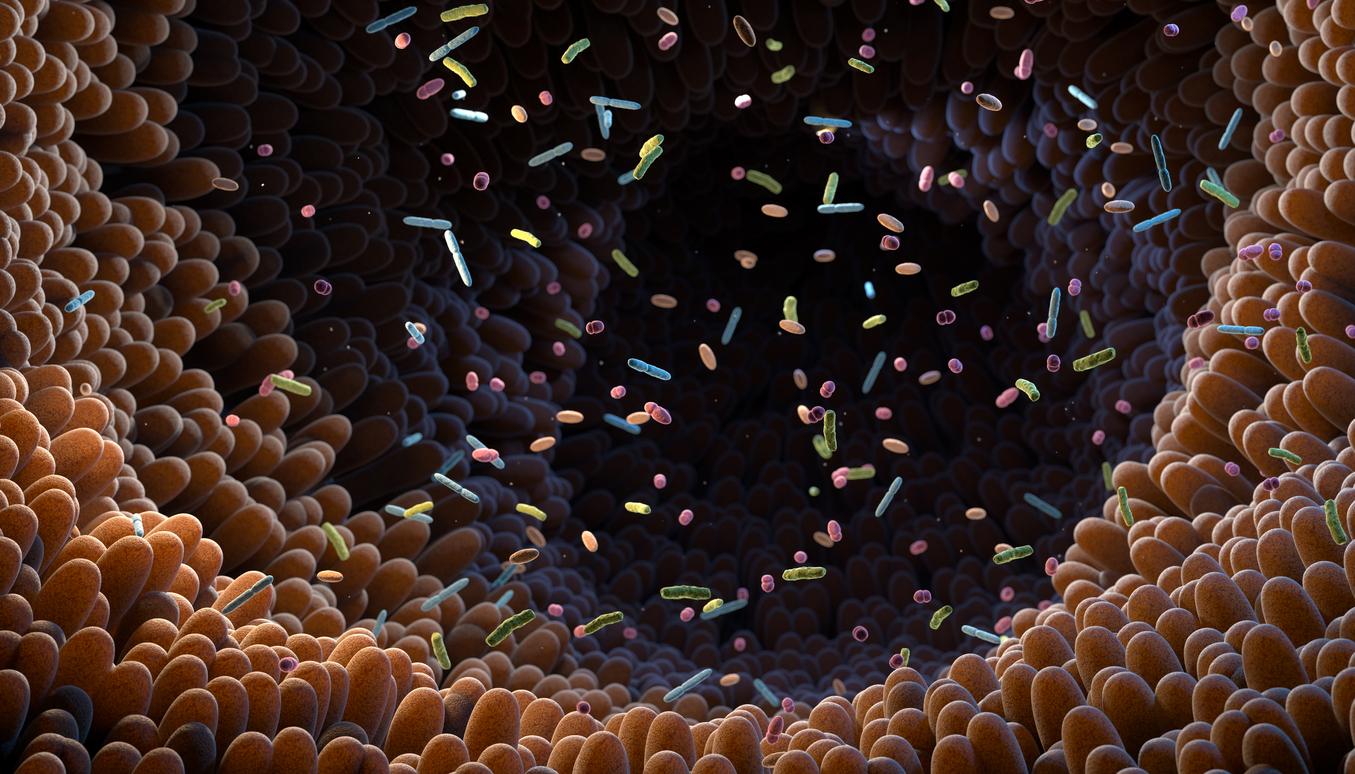” I started gaining weight little by little. I ate between meals out of boredom. Affected by depression a few years ago, I ate more and more, probably to fill a void. I fell into the overeating bulimia : I ate huge quantities without being able to stop. I didn’t choose the best foods. It was pasta, potatoes and rice “, remember Lisa, domiciled in Perpignan and aged 26 today.
Many people affected by the stress, anxiety and the depression also have overweight problems. Mental health has a significant impact on appetite. The explanation is simple. Whenever you are stressed, your adrenal glands release adrenaline and cortisol and, as a result, glucose (your main source of energy) is released into your bloodstream. This explains why stressed people often fall back on sugary foods. However, the body tends to store the sugar.
The binge eating disorder Lisa had is similar to bulimia. With the difference that the attacks are not associated with compensatory behaviors (vomiting, use of laxatives, etc.). In general, binge eating causes overweight or obesity and generates psychic suffering.
” I felt very bad about myself. I reached 100kg when I am 1.55m tall. I no longer dared to leave my house, see my friends, I only dressed in very large clothes “says the young woman.
“I had cholesterol, digestive problems and a lot of sugar in the blood”
Lisa’s overweight was not without consequences for her health. Weighing 100 kilos for 1.55m, she had a BMI (body mass index) of 41.6, which the WHO defines as a “massive obesity”.
Obesity is a risk factor for diseases cardiovascularof diabetes and of cancer. This condition also reduces the quality of life (sleep disorders, motor disorders, etc.).
” I had a lot of cholesterol, digestive problems and a lot of sugar in the blood. Fortunately for me, nothing irreparable. There was still time to readjust the bar », tells us Lisa.
“Protein was recommended at every meal”
Determined to regain control of her health, Lisa followed an established food program with a dietitian. ” Upstream, I simply resumed normal eating habits, without anyone’s help, which allowed me to shed 10 kilos. It was far from enough! So I contacted the RNPC center [un programme conçu pour venir en aide aux personnes touchées par le surpoids et l’obésité, ndlr]. I was followed by a dietician every two weeks”.
This program consists of focusing on proteins. ” They were recommended at every meal. Since two meals a day are not enough to get the expected protein intake with this method, my dietician recommended substitutes of protein to be taken outside of meals. I had to eat one in the morning, one at lunch, accompanied by vegetables and a protein of my choice (meat, fish or eggs) and one in the evening associated with vegetables and a protein of my choice again. In a few months, this mode of food made me lose 25 kilos (for 35 kilos in total) “.
The main benefit of using meal replacements exclusively distributed in RNPC Centers during the weight-loss phase is to ensure the maintenance of muscle mass during weight loss. The protein diet is radical on weight loss. It essentially eliminates fat, which is bulkier than muscle.
“No side effects and no frustration”
” Substitutes keep us from feeling like we’re on a diet: they came in the form of bread, cake and other goodies that helped me don’t feel frustrated. I did not experience any adverse effects. And yet, before testing this program, I had already tested many diets and chained failures “, shares Lisa.
If she had any advice for people who need to lose weight or who find themselves failing with diets, it is to be well followed and accompanied. ” My wonderful dietician was very supportive “.

















